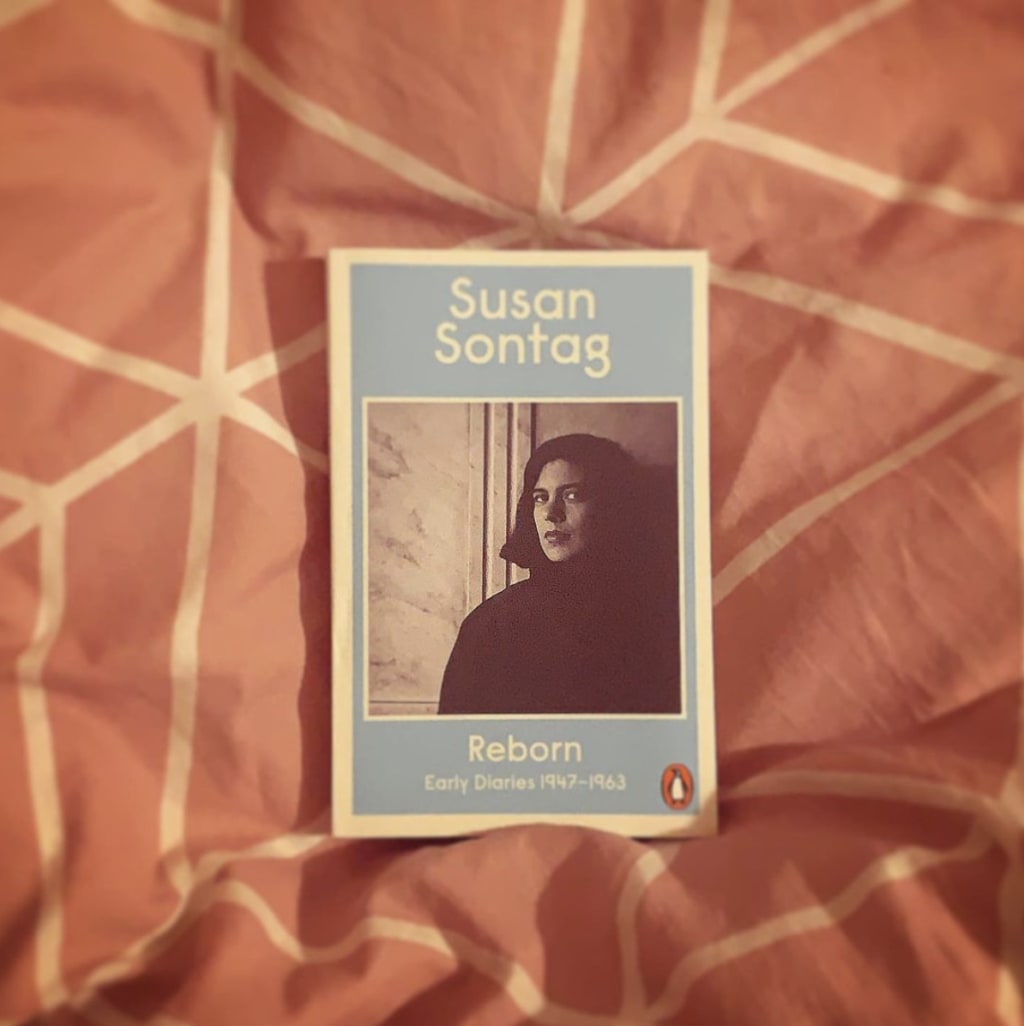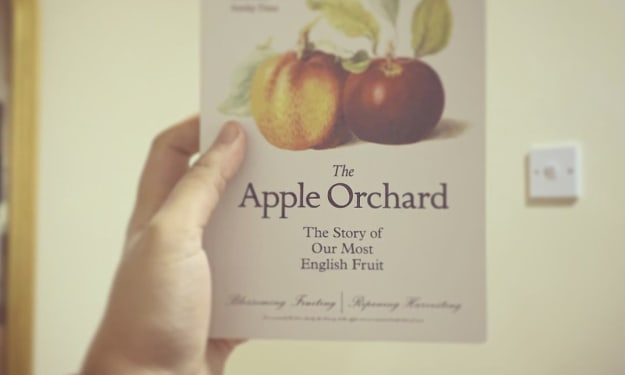Book Review: "Reborn: Early Diaries" by Susan Sontag
5/5 - Sontag's love of literature and philosophy shine through...

Susan Sontag was a great writer and none of us can debate that fact. In her books where she discusses the truths about love and suffering, it hits you hard from the very moment the words enter your mind to long after the book is closed. But these books are all planned philosophical pieces in which she has spent a long time simply crafting the way in which her ideas come across to others. In her book "Reborn", she does none of this. It is not crafted, it is not planned. These are her early diaries from the years 1947 all the way through to 1963 and I have to say that even though it is not a fiction book - we can all see that Sontag has a gift for storytelling. She has a gift with words, using the only the one that fits absolutely with the sentence she is conveying. So instead of reading just her critical pieces, or her fiction - I would highly suggest looking into her nonfiction pieces on her own life. The emotion simply runs off the page, overflowing with a sense of self.
The preface is a thing of beauty. It is by David Rieff, the son of Phillip Rieff and Susan Sontag. He talks about his mother in such a beautiful way, referring to her words, her actions and even her illnesses before she died. It is true that even her son knew that his mother was a special woman with a gift with words. Her diaries tell her story, but nobody except her son could have really experienced the compassion that came along with those words.
The book starts off in 1947 where Susan Sontag writes down her beliefs. It states in a list that she does not believe in God or life after death and that the only difference between each person is how intelligent they are. However, she also states that the most incredible thing someone can do is be honest to other people and themselves. This really does start the book off in the correct way so now, the reader can apply these to later parts of the book. I know I said that these diaries are not planned, but I think that the act of laying out your belief at the beginning of a large diary spanning over many years is probably an act of planning to have someone read it at least.
As we get further and further into the book, we witness birthdays, marriages, falling in love, compassion and regulation of every kind. The lifestyle that Sontag leads may be a slightly bohemian one but on the contrary, she is never lost. She always has this firm grounding in her own sense of self, something that keeps her head held up even when the language is melancholic and depressive. From this, we can gather that Susan Sontag not only had a way with words, but also knew the correct way in which to convey and manipulate the emotions and atmosphere of her own diary. Whether this is being truthful to one’s self or simply manipulating the diary’s atmosphere for the thought that someone will definitely read it is not for me to say.
In conclusion, I believe that this diary by Susan Sontag is something of a masterpiece of her early work because it shows us not just her true self, but the fact that her language structures are created to enhance the philosophies we see at the beginning of the book. The way she speaks about her love life and her writing is just part and parcel to that atmosphere.
About the Creator
Annie Kapur
200K+ Reads on Vocal.
English Lecturer
🎓Literature & Writing (B.A)
🎓Film & Writing (M.A)
🎓Secondary English Education (PgDipEd) (QTS)
📍Birmingham, UK






Comments
There are no comments for this story
Be the first to respond and start the conversation.